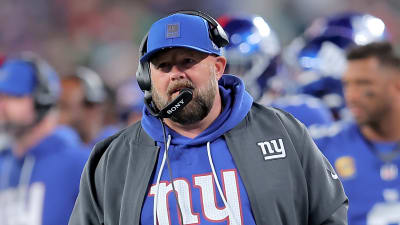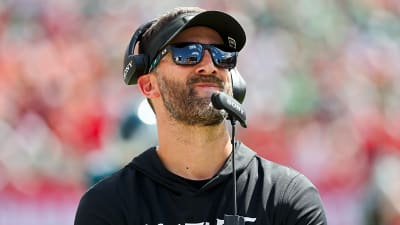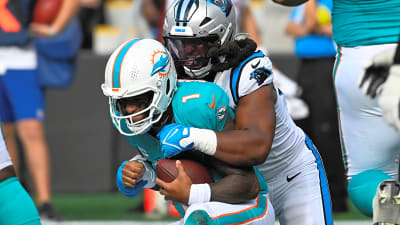
In response to Ubisoft’s cancellation of a specific Assassin’s Creed game, the Marvel actor who portrayed Galactus in The Fantastic Four: First Steps, Ralph Ineson, bluntly blasted the decision. According to a recent Game File report, the gaming company abandoned the project last summer during its early development stages. The company reportedly expressed concerns about the current U.S. political climate to back its decision. Does this cancellation represent a step backward for diverse storytelling in major video game franchises?
Assassin’s Creed Fears Political Assassination
After the backlash against the Black co-protagonist in Assassin’s Creed Shadows, Ubisoft feared that the negative reaction would have them relive the volatile experience again. For those unaware of Isenson, the actor is known for his role as the pirate Charles Vane in Assassin’s Creed: Black Flag. He recently shared the news on his social media account with a strongly worded message telling the company to, in his words, get lost.
This response isn’t something new that Isenson did randomly, as it’s happened before when he directed similar language toward a report involving an AI actress named Tilly Norwood. His opinion holds weight thanks to his history with the franchise, and even more so, considering his role in Shadows, which itself featured a prominent Black character. That character, Adéwalé, began as a former slave and later became the celebrated playable protagonist of the well-regarded Freedom Cry DLC, which was eventually sold as its own standalone game.
From Black Flag to White Flag
It may be no coincidence that Isenson’s comments arrive amid significant speculation about a new version of Black Flag currently in development. If the reports are true, then this project would include additional content. Moreover, the original Edward Kenway actor, Matt Ryan, has hinted at his own involvement in the game. With this context, questions naturally arise about Ineson’s own potential role and whether he’s recording new lines for the remake. Or maybe he’s simply voicing his disappointment as a dedicated fan of the Assassin’s Creed series?
Ultimately, it seems that watching a promising concept, similar to the one that worked so well for Adéwalé, being shelved is at the root of his frustrations. When questioned by IGN, Ubisoft declined to comment on the matter, leaving many questions unanswered about its internal decision-making process. Given the company’s successful telling of a former slave’s story in the past, why now shy away from a similar narrative? Until there are answers, the ongoing tensions within the gaming industry regarding representation and commercial risk continue to present a huge problem.
More must-reads:
- Suspended Guardians pitchers blocked from playing in winter league
- 49ers LB Fred Warner to undergo surgery
- The 'NFL total touchdown pass leaders' quiz
Breaking News
Trending News
Customize Your Newsletter
 +
+
Get the latest news and rumors, customized to your favorite sports and teams. Emailed daily. Always free!








